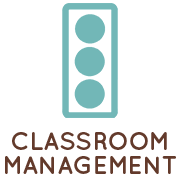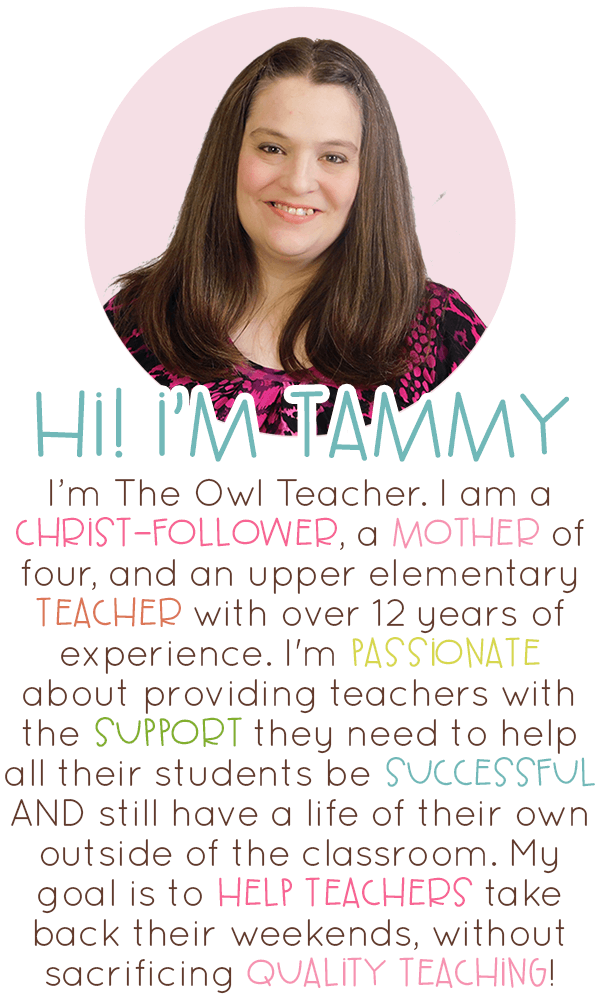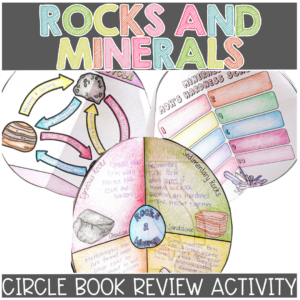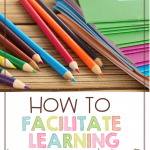
You’re a teacher. You want your students to learn. You are already tailoring the curriculum to their individual needs – differentiating, they say. What more can you do? How can you get your cute little ones to learn? Try out these six ideas in any subject and tell me if it doesn’t happen. It will!
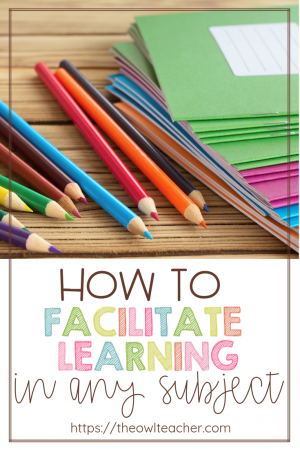
1.) Make materials meaningful. If you want your students to make connections to what you are teaching them, then it needs to have some real-life aspects weaved in. Of course, I’m a strong believer that students still need to commit something to memory, but it needs to be a balance between real life and memorization! If students can see how it relates to them, then they’re more likely to understand.
2.) Teach in small chunks and steps. Break things down for students in small steps and chunks. Have them master that first before moving on to the next part. You can’t take a piece of cake and swallow it whole; you have to eat it in small pieces. It really is the same. Too big = too overwhelming.
3.) Use memory aids and prompts. Sometimes these are natural for us to use in the classroom. If you remember, in the lower grades we sang a lot of songs to remember things. Singing, mnemonics, and other methods all work – you likely still remember them now. Search the internet for them.
4.) Provide immediate feedback. It’s important to do this! If you wait too long, then the incorrect method could easily become ingrained as the “correct” method. Provide immediate feedback and be specific.
5.) Provide practice until automatic and mastered. Students need practice, and sometimes it seems they are getting practice but not enough. They need to practice it until they have mastered it. I have seen workbooks and practice sheets with six problems on it, and they are done. We need to go out and get more until they have demonstrated mastery. What is that saying? You need to do something like 28 times (or so) until it’s habit? I may be off here, but you get my point. Some little ones will not need as many; others will. The point is, no one – NO ONE – can ever master something until they can do it automatically.
6.) Have high expectations. I have high expectations for all my students – every one of them. All of them. I have seen teachers give breaks to special education students. I do not. I believe they can be just as successful. If you give them a bar, they will rise to it. They will. Challenge your students.
(And, of course, differentiate!)


